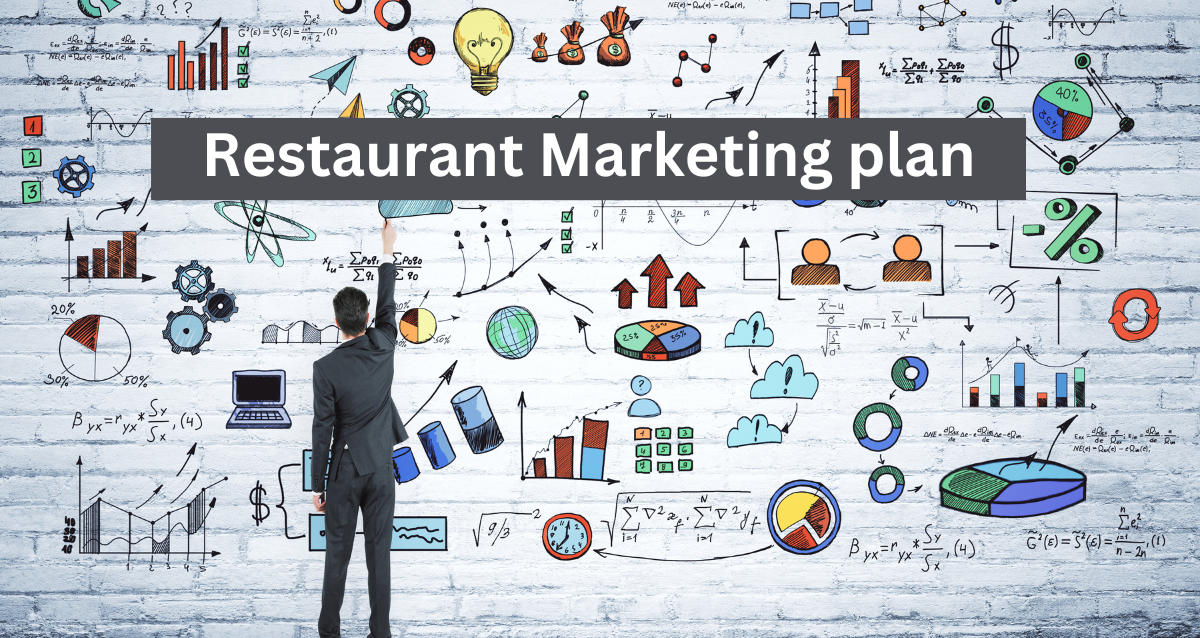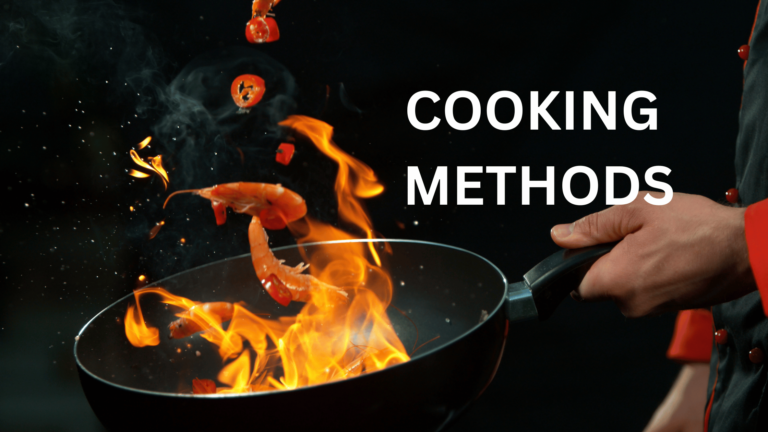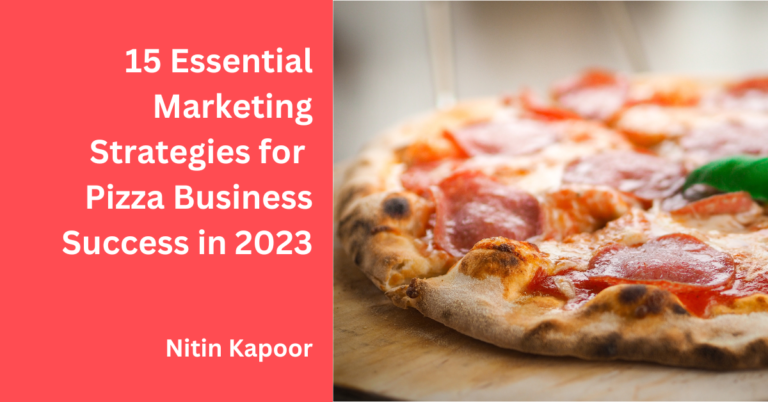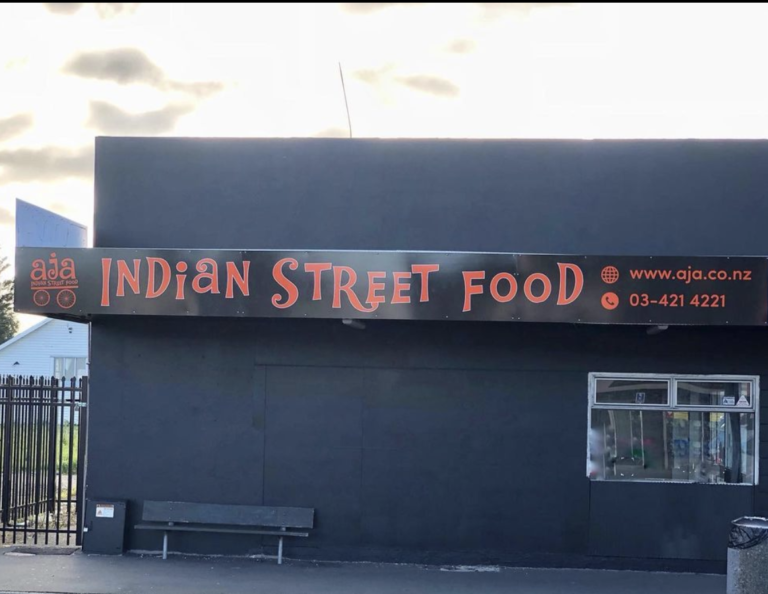Restaurant Marketing Plan In Just a Day
Introduction
Restaurant Marketing Plan In the competitive landscape of the restaurant industry should be well-thought-out plan and can be your secret recipe for success. Contrary to the belief that creating a marketing strategy is a daunting task, it can be a straightforward and efficient process. In fact, you can develop an effective restaurant marketing plan in less than 24 hours. Let’s explore the steps to create a marketing plan that will set your restaurant on the path to success.
1. Analysing the Current Situation to make Restaurant Marketing Plan(2-4 Hours)
Before diving into your marketing plan, it’s essential to understand your restaurant’s current situation. This involves conducting a SWOT analysis, which stands for Strengths, Weaknesses, Opportunities, and Threats.
Strengths: Begin by identifying what your customers love about your restaurant. These strengths are the points you’ll leverage in your marketing efforts.
Weaknesses: Analyze customer feedback, including reviews and other forms of feedback, to pinpoint areas where your restaurant may be falling short.
Opportunities: Identify opportunities, such as offering free Wi-Fi or introducing new menu items, to enhance your restaurant’s offerings.
Threats: Recognize external threats, like construction projects or new competition in your local area, which could affect your restaurant’s performance.
A thorough understanding of your restaurant’s situation will provide a solid foundation for your marketing plan.
2. Setting Business Goals to make Restaurant Marketing Plan (1-2 Hours)
When it comes to setting business goals for your restaurant, it’s not just about a vague idea of success. SMART goals—specific, measurable, achievable, relevant, and time-bound—are crucial. Here’s a more detailed look:
- Revenue Goals: Begin by defining your revenue objectives. Consider whether you want to increase overall revenue or target growth in specific areas, such as catering, online orders, or a new dining segment. Break these goals down into monthly or even weekly targets to track your progress effectively.
- Reputation Goals: In today’s digital age, your restaurant’s online reputation is paramount. Set clear goals for improving your presence on platforms like Uber eats, TripAdvisor, and other review sites. Monitor your social media engagement, followers, and the sentiment of online discussions about your restaurant. Reputation goals are essential because a positive online image can significantly impact your restaurant’s success.
3. Crafting a Strategy Roadmap for Restaurant Marketing Plan (2-4 Hours)
Crafting a strategy roadmap is where you translate your goals into actionable steps. This is the heart of your marketing plan, and it’s crucial to be thorough. Here’s what to consider:
- Holiday Promotions: For special occasions like Valentine’s Day or other holidays, consider the promotions you’ll offer. Will you create special menus, offer discounts, or host themed events? Think about what makes your restaurant stand out during these times. Your strategy should include details on pricing, menu items, and the promotion’s duration.
- Leveraging National Food Days: Each month, there are numerous food-related national days, such as National Burger Day or National Pizza Day or even Haloween. Utilize these as opportunities to create promotional events and attract customers. Your strategy should outline how you’ll take advantage of these days, from menu adjustments to marketing campaigns.
- Marketing Platforms: Determine the best platforms for marketing your promotions. Your website, social media channels, and location-based check-ins are valuable tools. Consider whether it’s time to explore a progressive web app for enhanced engagement. Your strategy should outline how you’ll use these platforms effectively, including content creation, advertising, and engagement tactics.
- Collaborations: Collaborating with local newspapers or other businesses can broaden your reach. These partnerships can be mutually beneficial and bring in new customers. Your strategy should detail the nature of these collaborations, including joint promotions and marketing efforts.
- Innovative Marketing Ideas: Explore creative marketing ideas that fit your budget. Look for proven, cost-effective strategies to implement. Your strategy should include a range of innovative ideas, along with a plan for execution and measurement of success.
4. Setting a Marketing Budget for Restaurant Marketing Plan (1-2 Hours)
A well-planned marketing budget ensures your resources are allocated wisely. Here’s how to create a budget in more detail:
- Past Successes: Review the marketing strategies that have worked well for your restaurant in the past. Allocate resources to these strategies because they have a track record of delivering results. Your budget should reflect the successful strategies you intend to continue.
- Measurable Results: Ensure that your marketing efforts provide measurable results. Calculate the return on investment (ROI) for each marketing campaign to determine its effectiveness. Your budget should allow for tracking and analyzing these results, enabling you to optimize your spending.
- Economic Planning: Be efficient in your budget planning. Seek cost-effective marketing options and optimize your spending to get the best results. This includes allocating resources to strategies that offer the highest ROI. Your budget should align with your goals and priorities.
5. Leveraging Marketing Resources for Restaurant Marketing Plan (1-2 Hours)
Leveraging marketing resources involves understanding what and who you need to execute your marketing plan effectively. Here’s a more detailed breakdown:
- Resource Utilization: Identify the resources available within your restaurant. This includes staff who can handle marketing tasks, existing marketing materials, and any other assets you can use for your marketing efforts. Your resource utilization plan should detail how you’ll leverage these resources efficiently.
- Hiring Decisions: Consider whether hiring a dedicated marketing staff or freelancers is the right choice for your restaurant. Your decision should align with your goals, budget, and the complexity of your marketing plan. Your plan should include a hiring strategy, including job descriptions, roles, and responsibilities.
- Specialized Agencies: Explore the benefits of specialized marketing agencies, especially for tasks like SEO, web design, or other specific marketing needs. A restaurant marketing agency can provide expertise tailored to your industry. Your plan should outline how you’ll collaborate with these agencies, including expectations, deliverables, and timelines
Conclusion
Once your restaurant marketing plan is in place, regularly review it, ideally on a quarterly basis. Keeping it as a physical document provides easy access for ongoing assessment and adjustments.
Creating an effective marketing plan doesn’t have to be complicated or time-consuming. By following the steps outlined above, you can craft a strategic marketing plan tailored to your restaurant in under 24 hours. If you’re seeking creative ideas or professional assistance to breathe life into your plan, don’t hesitate to contact us for a free consultation. Your restaurant’s success awaits with a well-crafted marketing strategy.
Do you need assistance with proven marketing strategies from our experts? Contact us for a free consultation.






